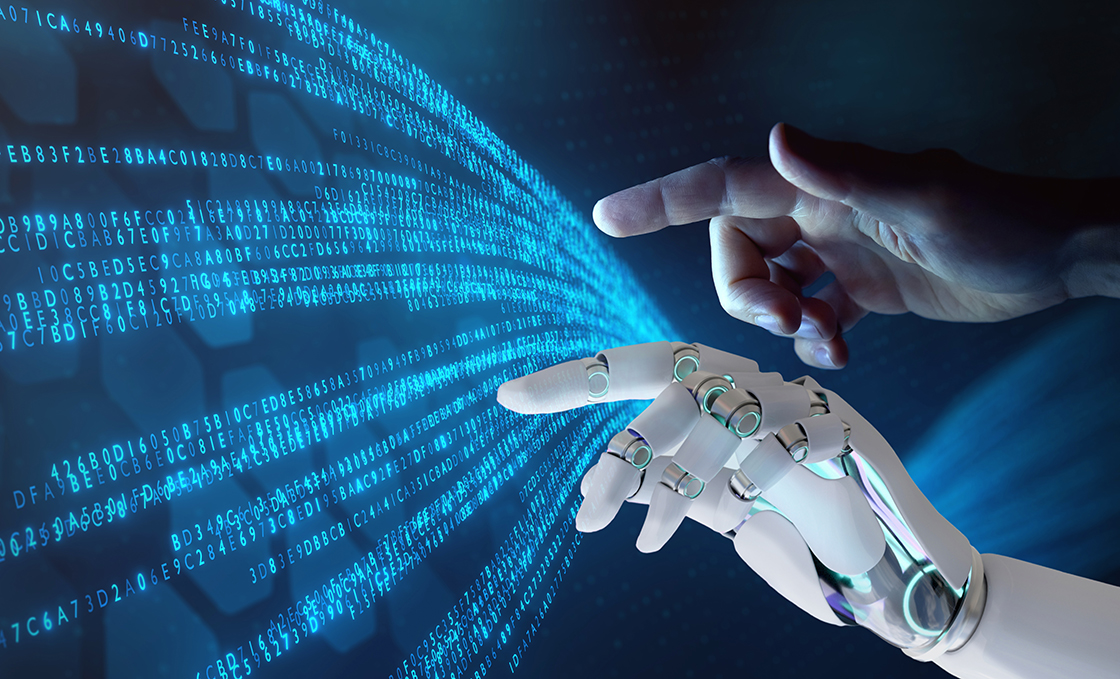In today’s fast-paced digital world, the integration of AI in real-time code testing is not just a trend but a necessity. As software development cycles shrink and the demand for quality increases, leveraging AI has become pivotal. This article explores how AI reshapes the landscape of real-time code testing, offering insights into its impact on the software testing industry.

The Emergence of AI in Software Testing
The integration of artificial intelligence in software testing is transforming how quality assurance (QA) professionals perform their tasks. Instead of relying solely on manual testing, which can be time-consuming and prone to human error, AI provides a more efficient approach. By using AI, testers can automate repetitive tasks, identify bugs faster, and enhance overall software quality.
Benefits of Real-Time Code Testing with AI
Speed and Efficiency
AI-powered testing tools can process vast amounts of code quickly, providing instant feedback. This capability speeds up the development process, allowing teams to deploy updates more frequently and confidently.
Accuracy and Precision
With AI, the accuracy of tests improves significantly. AI algorithms can detect subtle errors that might be overlooked by human testers, ensuring a higher quality product.
Continuous Integration and Deployment
Real-time code testing is crucial for continuous feedback in agile environments. AI facilitates seamless integration, enabling developers to make necessary adjustments on the fly without disrupting the workflow.
How AI Enhances Test Coverage
The application of AI in testing expands the scope of test coverage. Traditional methods might miss certain scenarios, but AI can simulate numerous conditions, ensuring comprehensive testing.
Data-Driven Testing
AI utilizes vast datasets to create test cases that cover a wide range of scenarios. This test case mapping ensures that no critical path is left unexamined.
Behavioral Testing
By employing machine learning, AI can predict user behavior and test software accordingly. This anticipatory testing leads to a more user-friendly product.
Challenges in AI-Powered Testing
While AI offers numerous benefits, it also presents challenges. One significant concern is the initial setup cost. Implementing AI technologies requires investment in tools, training, and infrastructure.
Complexity of AI Algorithms
Understanding and maintaining AI models can be complex. QA teams need to ensure they have the expertise to manage these advanced systems effectively.
Data Privacy Concerns
As AI relies heavily on data, maintaining data privacy is crucial. Organizations must ensure compliance with regulations to protect user data.
The Future of AI in Real-Time Code Testing
The future of AI in real-time code testing looks promising. As AI technologies advance, we can expect even more sophisticated testing tools. These innovations will not only enhance the speed and accuracy of testing but also open up new possibilities for software development.
Integration with Other Technologies
The integration of AI with other emerging technologies, such as IoT and blockchain, will further revolutionize software testing. This convergence will enable more secure and reliable applications.
AI-Driven Test Automation
Automated testing will become more intuitive and efficient with AI. As explored in this article, AI-driven automation is not just the future but the present necessity for staying competitive in the tech industry.
Conclusion
In conclusion, the integration of AI in real-time code testing is a game-changer for the software industry. It offers unparalleled speed, accuracy, and efficiency, making it an indispensable tool for QA professionals. As we continue to innovate, the role of AI will only grow, paving the way for more robust and reliable software solutions.

FAQs
What is AI in real-time code testing?
AI in real-time code testing refers to the use of artificial intelligence technologies to automate and enhance the process of testing software code as it is being developed. This approach allows for immediate feedback and faster identification of issues.
How does AI improve software testing?
AI improves software testing by automating repetitive tasks, increasing the speed of tests, enhancing accuracy, and providing comprehensive test coverage. AI can also simulate user behavior to predict potential issues.
What are the challenges of using AI in testing?
Challenges include the initial setup cost, complexity of AI algorithms, and data privacy concerns. Organizations need to ensure they have the necessary expertise and infrastructure to implement AI effectively.
This article contains affiliate links. We may earn a commission at no extra cost to you.

